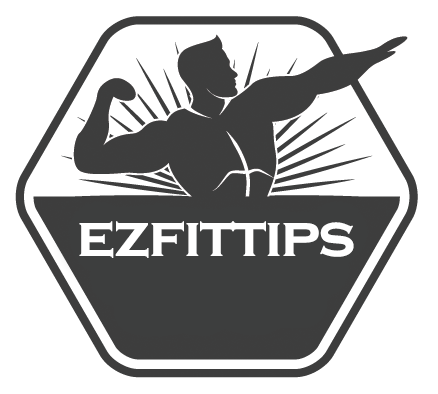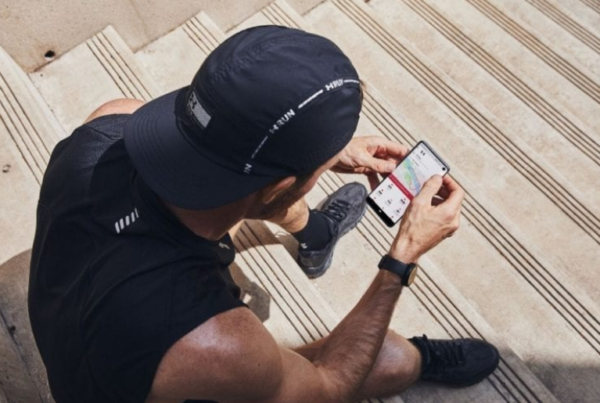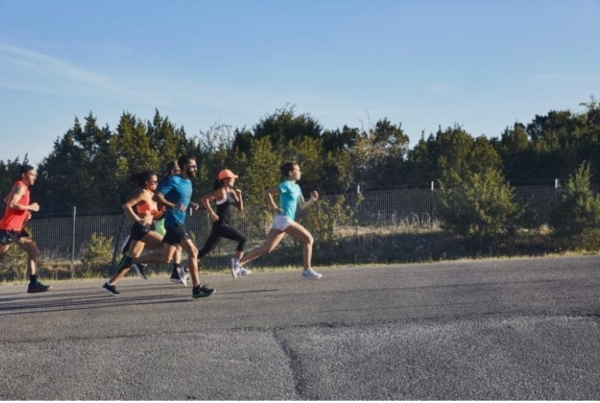For the casual observer, running seems easy enough. You put one foot in front of the other at a quicker pace than walking, and there you go: running. There is some truth behind that simplicity — after all, anyone who’s physically able to perform the necessary movements can run. But the real truth is that, even though running comes naturally to most of us, doing so safely and effectively over time requires proper mechanics, planning and consistency. And those things aren’t always quite so innate.
The best runners in the world — from sprinters and middle-distance athletes to ultramarathoners — employ coaches to keep them running at their best. But you don’t have to be a competitive or seasoned runner to benefit from a coach. Even beginners — and, in some cases, especially beginners — can benefit from a trained eye and the advice of a professional or an app like MapMyRun with its form-coaching feature.
Here are five reasons a coach can positively impact your running, even if you’re new to the sport.
According to Sara Kurth of Puffin Coaching, there’s no shortage of training plans online, and many of them are helpful. But those plans are one-size-fits-all by necessity, as they attempt to appeal to a large segment of the population. A personal coach or personalized app like MapMyRun, however, can tailor a plan directly to you, your needs and your schedule. “When a plan suits you and your preferences, you’re more likely to do the workouts, you’ll enjoy the process more and you’ll likely be more successful,” she says.
“Unless something hurts or feels uncomfortable, most people will never get any feedback about their form,” says Chris Coggins, a high school track coach and private running coach. “A good coach can help you avoid mechanical issues, from head position and arm swing down to your feet.” They can even give you advice on shoes that work best for your natural gait and foot strike, he adds.
Injuries can’t always be prevented, but there are certainly ways to reduce their occurrence and mitigate their severity. In addition to running with proper form, warming up and cooling down are two of the most effective ways to stay safe. “Every training session should begin with a warmup and end with some recovery,” says Coggins. Most people know this, but left to their own devices, even seasoned runners often skip their warmup and get right to the workout.
“Walking is an easy one, and it works. High-knees, hip openers and other simple warmups like that will prepare your body to move,” he says. Coggins also mentions it’s smart to warm up in a progression, starting slow and speeding up as you continue. In this case, walking and then jogging before you start to run eases your body into the higher-impact exercise.
- READ MORE > HOW RUNNERS BENEFIT FROM VIRTUAL COACHING
It can be difficult to wake up and log miles when you’re tired or the weather isn’t cooperating. And it can be frustrating if you hit a plateau or miss your target finish time. But just like it’s easier to stay accountable when you have a workout buddy depending on you, a coach can help keep you on track. That might mean motivating you to show up to a training session, responding to a quick question or texting you to ask about a recent solo run. Like Kuth says, “Some people respond to carrots, others respond to sticks. A good coach will figure out which you respond to and will act accordingly.”
Coaches know what it takes to fuel a good run. Carb requirements and calorie counts vary by individual and are impacted by weight, distance and intensity. A coach can help you create a diet plan that covers everything from training to race day. What you eat before, during and after a run can have a significant impact on how you feel. Easy-to-digest carbs will keep you going strong, while heavier foods might cause undue gastrointestinal stress. Eat too much, and you’ll feel sluggish. Eat too little, and you might bonk before the finish line. It’s a lot to think about. Ask a coach for a nutrition plan or even just some basic guidelines, and they’ll do much of the thinking for you so you’re free to focus on running.









